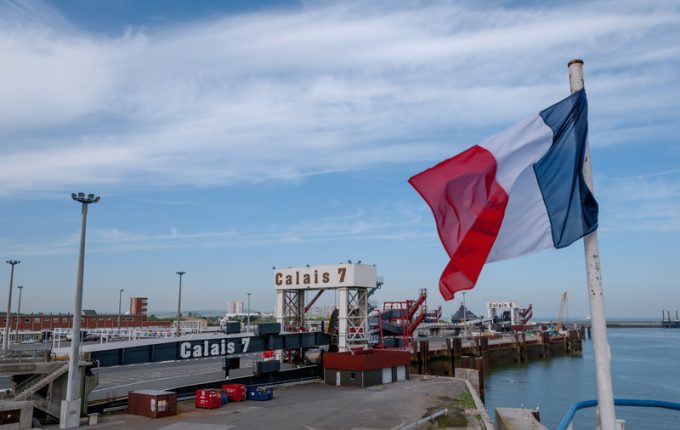Are UK businesses ready for safety and security declarations for EU imports?
Alex Pienaar, HM Revenue and Customs’ (HMRC) director of customs policy & strategy, explains what ...

Port Boulogne Calais chairman Jean-Marc Puissesseau hopes the phasing-in of additional UK border checks will be as “smooth” as the initial transition into the post-Brexit trading environment.
He told The Loadstar the French gateway had experienced “no problems” since the end of transition period on 31 December.
Mr Puissesseau said: “At the very start ...
Four crew members still missing as Wan Hai 503 continues to burn
Explosions and 'out-of-control' fire reported on Wan Hai box ship
Predatory rivals circle as the ripples from DSV's Schenker buy widen
MSC Elsa crew face criminal probe, as Wan Hai 503 firefighters battle on
'It's driving us mad', say forwarders as US court fails to end tariff turmoil
Transpacific rates ease as capacity boost proves too much for trades to digest
European port congestion easing – for now
CMA CGM 'testing the water' of the Suez Canal for more services
Flexport: Sanne Manders talks profitability, fire-sales and Dave Clark
More legal trouble in India for MSC: feeder vessel detained after box ship disasters
DSV insiders hit back at Kuehne & DHL GF – got a 'pro integration' going
Latest Israeli attack on Iran a threat to box ships in Straits of Hormuz

Comment on this article